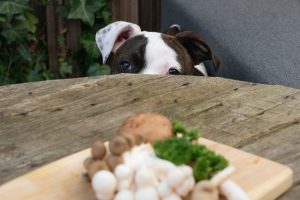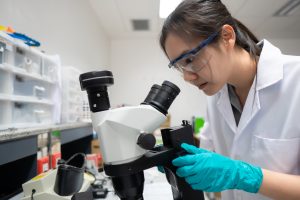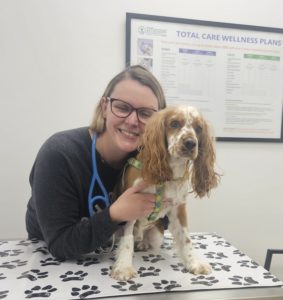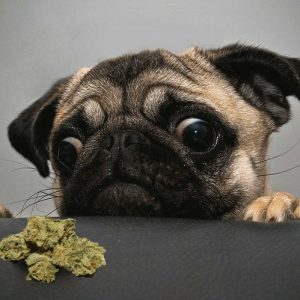
Thanksgiving is a time for celebration with family and friends—and that includes our beloved pets! However, it’s important to remember that many of the foods we enjoy can create serious health risks to our furry friends — from simple discomforts to potentially life-threatening conditions. Taking a few precautions can help ensure your pets stay safe and healthy during the holiday season.
Common Thanksgiving foods that are harmful to pets:
Many traditional Thanksgiving foods are packed with ingredients that are dangerous for pets. For example:
- Turkey (especially the skin and bones): While turkey itself isn’t necessarily harmful in small quantities, the skin is fatty and can cause pancreatitis, a potentially deadly condition for pets. Bones of poultry splinter easily and are particularly dangerous if swallowed.
- Fatty foods like bacon, sausage, ham, butter, and cheese: These rich foods can trigger pancreatitis and gastrointestinal distress in pets, leading to serious health complications.
- Onions and garlic: These frequently-used ingredients can cause damage to red blood cells and lead to anemia in pets, particularly dogs.
- Raisins and grapes: Even small amounts, these seasonal fruits can lead to kidney failure in pets, particularly dogs.
- Processed meats: Sausages, deli meats, and other processed foods are high in sodium and fat, which can upset your pet’s stomach and lead to more severe conditions.
To keep your pets safe, make sure these foods are kept well out of reach during your Thanksgiving festivities. It’s best to stick to pet-friendly treats designed specifically for them.
Keep pets away from food prep areas
The kitchen can be a hazardous place for pets during the busy Thanksgiving meal prep. To avoid accidents:
- Keep pets out of cooking areas: Hot surfaces, sharp knives, and hot dishes are dangerous for curious pets. Set up a safe zone where your pets can relax while you’re busy in the kitchen.
- Store trash securely: Pets can easily get into the trash, and leftover turkey bones or packaging materials can be harmful. Bones can splinter and cause choking, or get stuck in your pet’s digestive system. Always store trash in secure containers that your pets cannot access.
The dangers of holiday desserts
The sweet treats that accompany a Thanksgiving meal might be tempting for your pets, but they should be avoided at all costs.
- Chocolate: Chocolate is toxic to both dogs and cats and can cause an increased heart rate, vomiting, diarrhea, and seizures.
- Xylitol: This artificial sweetener, commonly found in gum, sugar-free desserts, and baked goods, is incredibly toxic to pets, particularly dogs. Even extremely small amounts can be life-threatening.
- Seasoned desserts: Nutmeg and other spices found in holiday desserts can be toxic to pets if ingested in large quantities.
Always be cautious and keep these sweets well out of your pets’ reach.
A word about festive plants and flowers
Decorating for the holidays is a fun way to add cheer to your home, but some common festive plants and flowers are toxic to pets. These include:
- Amaryllis
- Baby’s breath
- Sweet William
- Hydrangeas
The ASPCA has a comprehensive list of plants that are toxic to dogs and cats. However, the safest approach is to keep all plants and table decorations out of your pet’s reach.
Simple tips to keep your pets safe
With a little extra caution, you can ensure that your pets enjoy a safe and happy holiday season:
- Include your pet in the holiday festivities: Purchase a special treat made just for them. Pet-friendly turkey-flavored snacks or chew toys can let them enjoy the celebration too.
- Create a safe space: Designate an area away from food areas where your pets can relax and you can focus on the celebration without worry.
- Secure leftovers and trash: Store all leftovers and dispose of all food scraps, bones, and trash in sealed containers that your pets can’t access.
By taking these simple precautions, you can ensure that your pets remain safe, healthy, and happy throughout the holidays. With a little planning, your pets can enjoy the season alongside the rest of the family.
Happy Thanksgiving from Total Veterinary Care!






